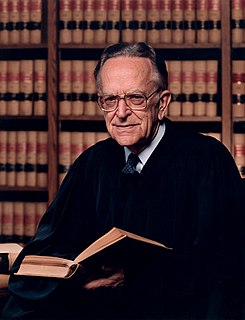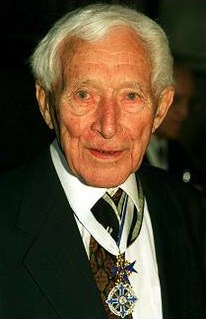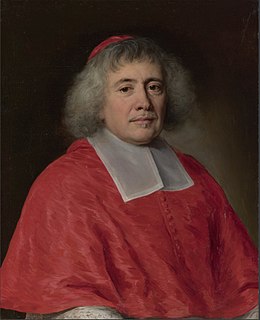A Quote by Jean de la Bruyere
The punishment of a criminal is an example to the rabble; but every decent man is concerned if an innocent person is condemned.
Quote Topics
Related Quotes
In existing criminology there are concepts: a criminal man, a criminal profession, a criminal society, a criminal sect, and a criminal tribe, but there is no concept of a criminal state, or a criminal government, or criminal legislation. Consequently what is often regarded as "political" activity is in fact a criminal activity.
Education is about inviting every single person who enters a school to realize his or her relatively boundless potential in all areas of worthwhile human endeavor. It is concerned with more than grades, attendance, and academic achievement. It is concerned with the process of becoming a decent and productive human being.
He’s bound to have done something,” Nobby repeated. In this he was echoing the Patrician’s view of crime and punishment. If there was a crime, there should be punishment. If the specific criminal should be involved in the punishment process then this was a happy accident, but if not then any criminal would do, and since everyone was undoubtedly guilty of something, the net result was that, in general terms, justice was done.
Experience shows that the frequent use of severe punishment has never rendered a people better. The death of a criminal is a less effective means of restraining crimes than the permanent example of a man deprived of his liberty during the whole of his life to make amends for the injury he has done to the public.
The (capital punishment) controversy passes the anarch by. For him, the linking of death and punishment is absurd. In this respect, he is closer to the wrongdoer than to the judge, for the high-ranking culprit who is condemned to death is not prepared to acknowledge his sentence as atonement; rather, he sees his guilt in his own inadequacy. Thus, he recognizes himself not as a moral but as a tragic person.
Frankenstein took some flesh and bones and blood and made a man out of them; the man ran away and fell to raping and robbing and murdering everywhere, and Frankenstein was horrified and in despair, and said, I made him, without asking his consent, and it makes me responsible for every crime he commits. I am the criminal, he is innocent.








































